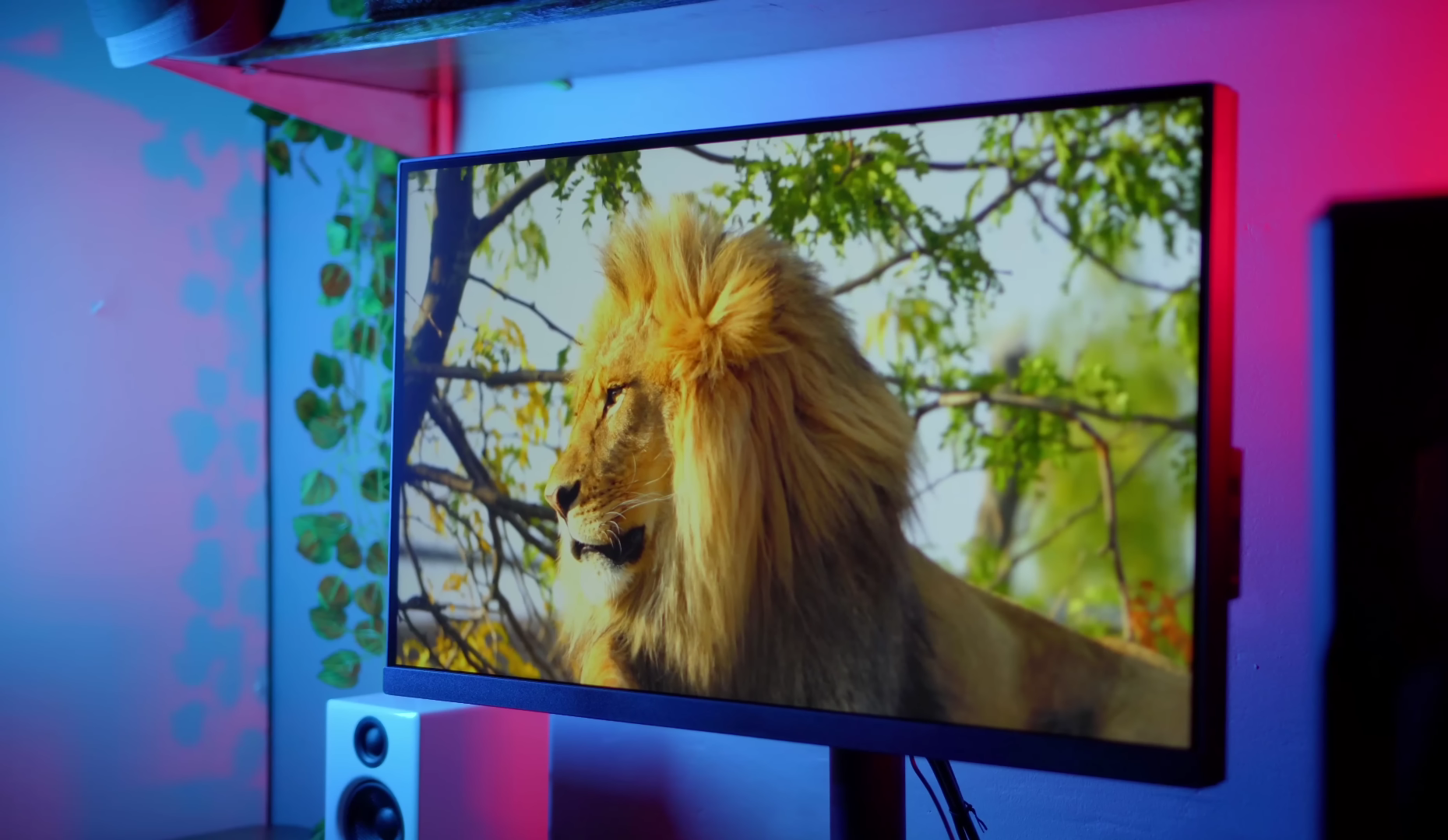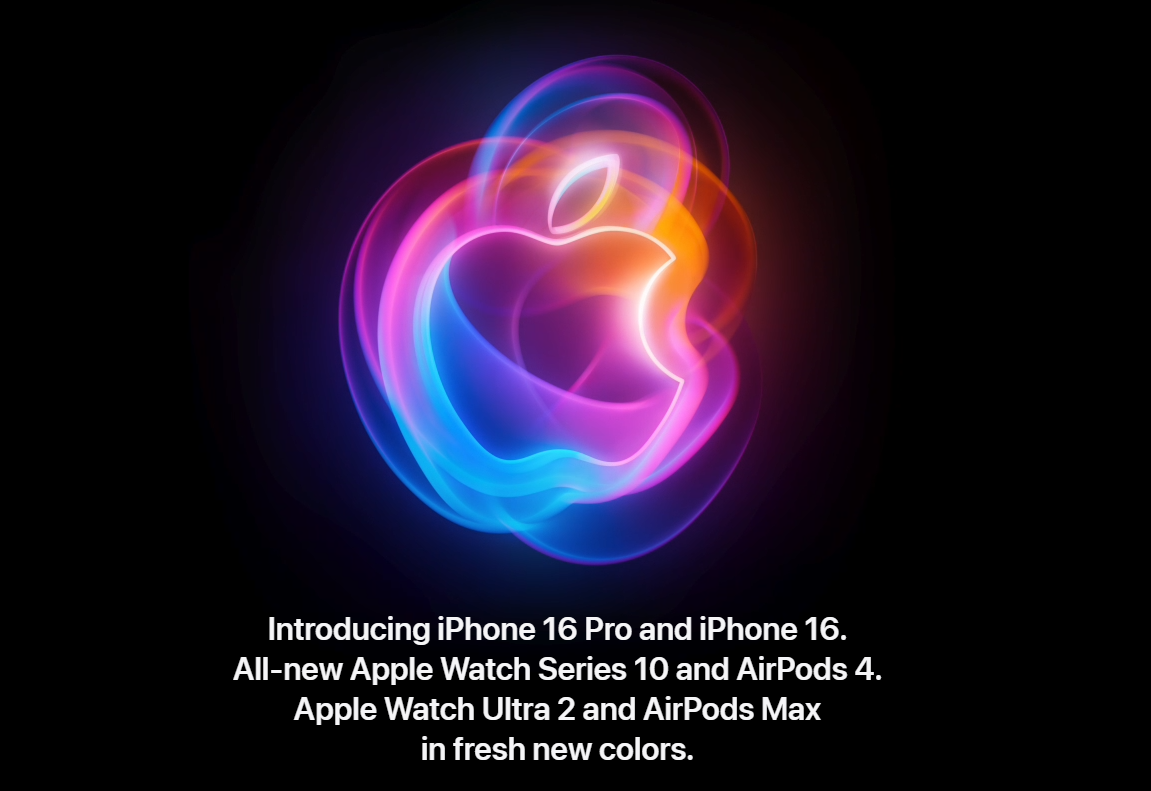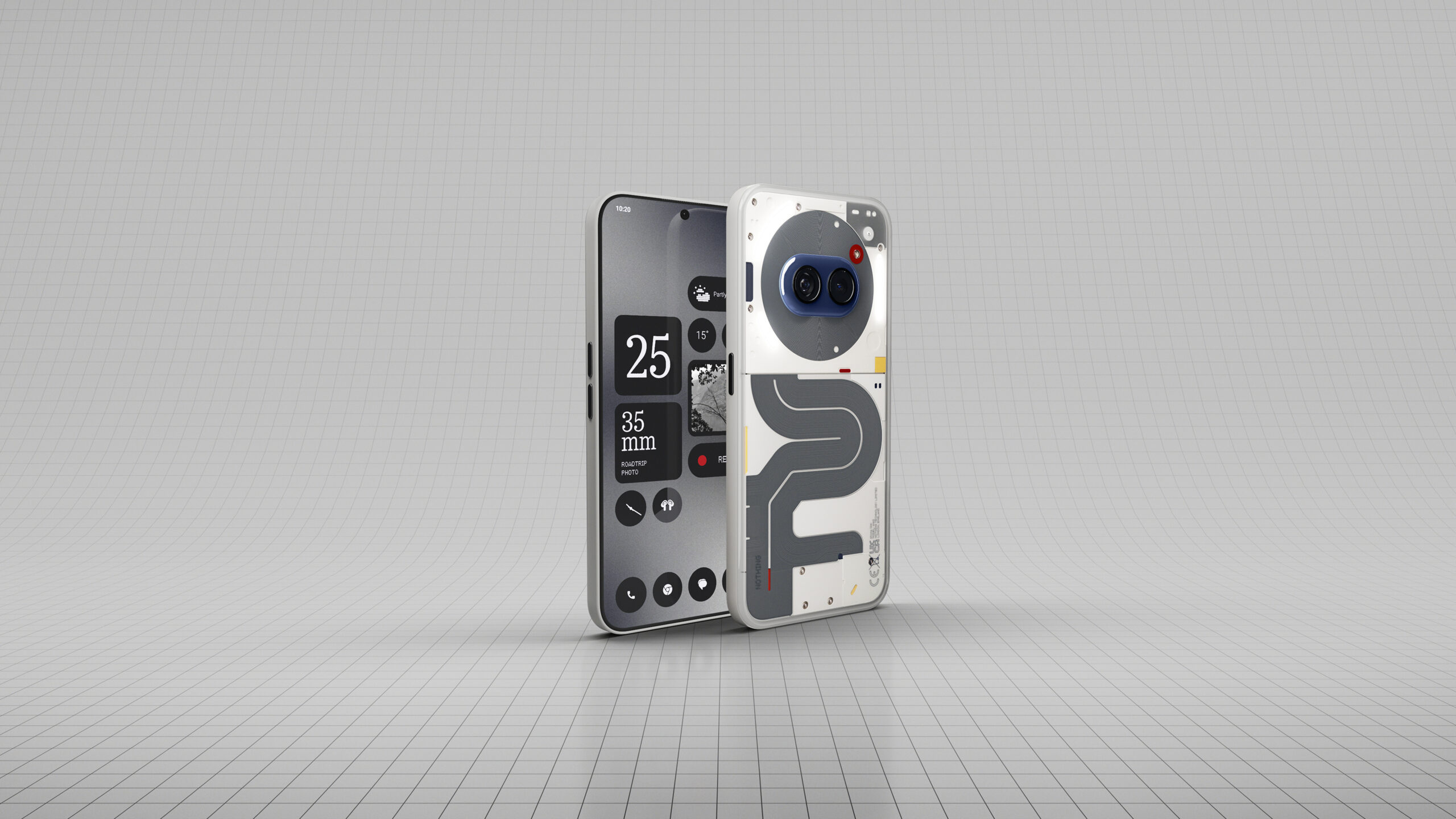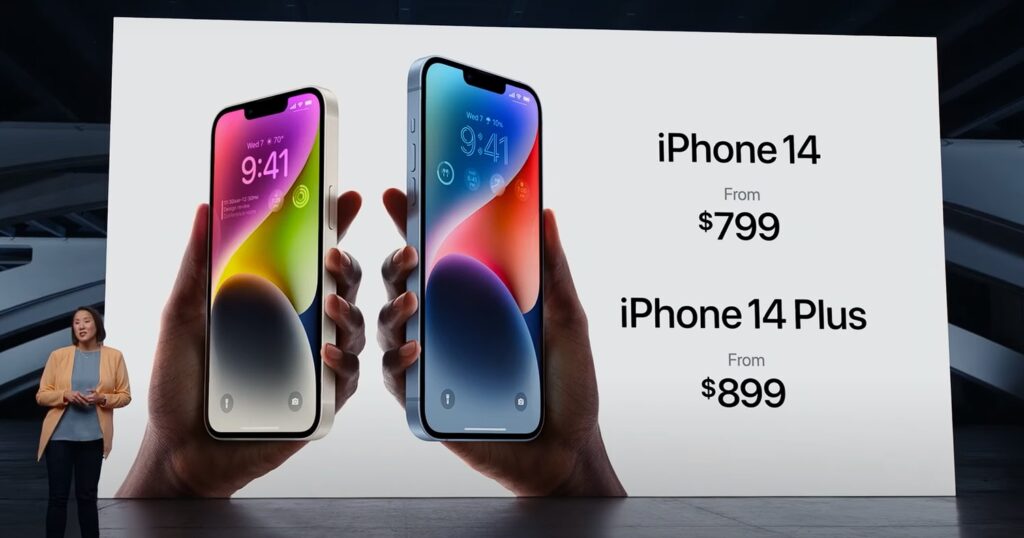
Apple is known for using its own charging port and cable design, the “lightning”, to beef up its devices and other compatible accessories. But this will end soon in most of the European countries, as the members of the European Union will adopt a new law requiring tech companies to make a switch on replacing all charging ports and make USB-C standard. It only means that the iPhone 14 might be the last iPhone model that will use the lightning ecosystem. (No exceptions this time, Apple.)
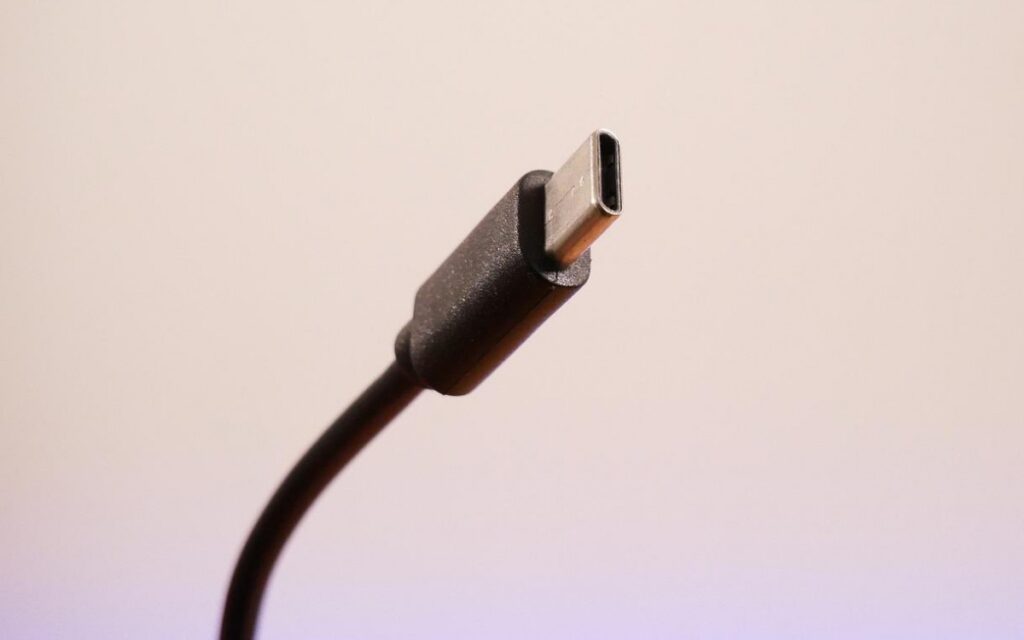
On Tuesday, October 4, the European Union parliament voted in favor of making USB-C the “charging standard” for personal electronics. Having 602 votes in favor and 13 against, this “proposal”, amended in June 2022, is now waiting to be signed into law on October 24. Once signed, it will harmonize the charging interface of all devices, as USB-C will be the standard charging port for mobile phones and similar equipment and cameras starting in late 2024 while said to be mandatory for laptops in the spring of 2026. However, devices that primarily charge wirelessly do not need to oblige with the said law.

Meanwhile, Maltese MEP (Member, European Parliament) Alex Agius Aliba quoted: “The common charger will finally become a reality in Europe. We have waited more than ten years for these rules, but we can finally leave the current plethora of chargers in the past. This future-proof law allows for the development of innovative charging solutions in the future, and it will benefit everyone – from frustrated consumers to our vulnerable environment. These are difficult times for politics, but we have shown that the EU has not run out of ideas or solutions to improve the lives of millions in Europe and inspire other parts of the world to follow suit.”
“This future-proof law allows for the development of innovative charging solutions in the future, and it will benefit everyone – from frustrated consumers to our vulnerable environment…“
– Aex Agius Aliba, Maltese MEP
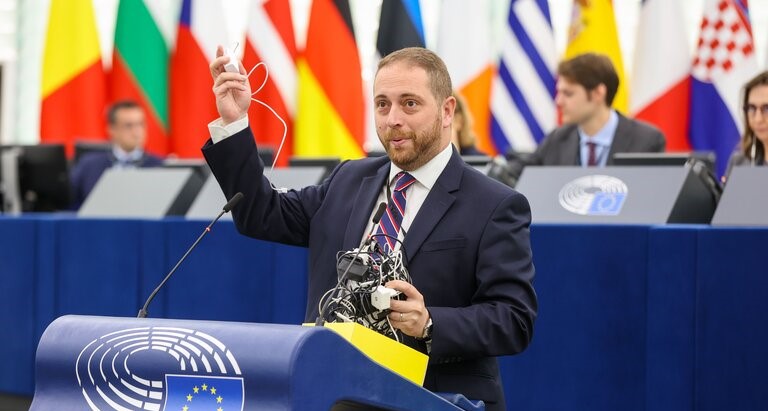
The goal of the EU is to reduce e-waste within the European region and make electronics sustainable. By passing this into law, 11,000 tons of electronic waste will be cut down per year, and save all consumers unnecessary purchasing of chargers by almost €250,000,000 overall, which is roughly 14.5 billion in Philippine pesos.
Will this be a great solution for global electronic waste? What are your thoughts? Please share it in the Comment box below.

